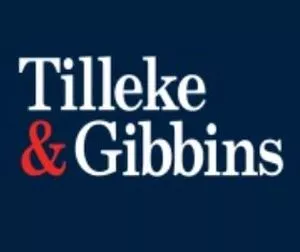Developing and launching a new drug on a commercial scale requires an enormous amount of time and investment in research and development (R&D), including pre-clinical testing and clinical trials. When considering the aggregate amount of drug development costs, it is important to recognize that this includes not only the investment in developing new drugs that get approved by a government food and drug regulator and are successfully brought to market, but also the R&D expenditures on a large number of potential pharmaceutical compounds and products that never actually make it to market. In particular, considerable investment is required in order to conduct and produce clinical trial data—to prove safety, efficacy and effectiveness of a new drug—that would warrant marketing approval by the regulatory authority. Such data is proprietary in nature and highly valuable for a research-based pharmaceutical company that develops an original drug.
On the other hand, patent law typically confers generic drug manufacturers with the ability to engage in various preparatory activities with a view to obtaining marketing approval for a generic product before the patent for the original drug expires (commonly known as a "Bolar provision"). Since a generic drug maker may submit an application for marketing approval of a generic product before the relevant patent expires, the extent to which the drug originator's data submitted to the regulatory authority is protected—or in other words, the extent to which the generic company may rely on the drug originator's previously filed data, which underpins the safety and efficacy of the drug, to support the generic marketing approval application—becomes a critical issue. Availability of data exclusivity thus provides a form of market exclusivity outside that provided by patent rights.
While some countries offer exclusivity or protection of the drug originator's data submitted to the regulatory authority for marketing approval and prevent generic drug manufacturers from relying on such data in their own applications, many countries still do not have practical data exclusivity protections. In this guide, we discuss the availability of data exclusivity protections and limitations in Southeast Asian countries, including Cambodia, Indonesia, Laos, Malaysia, Myanmar, Thailand, and Vietnam.
The full guide can be downloaded here.
The content of this article is intended to provide a general guide to the subject matter. Specialist advice should be sought about your specific circumstances.


